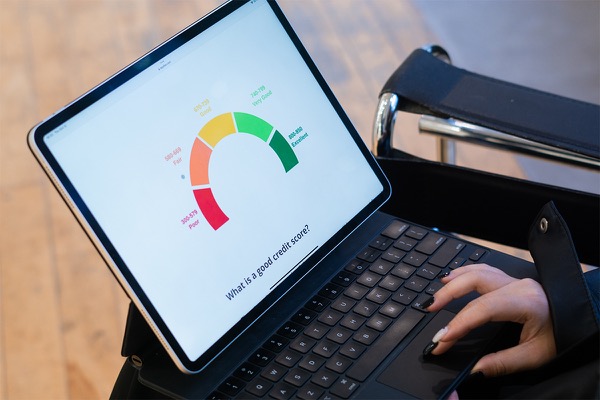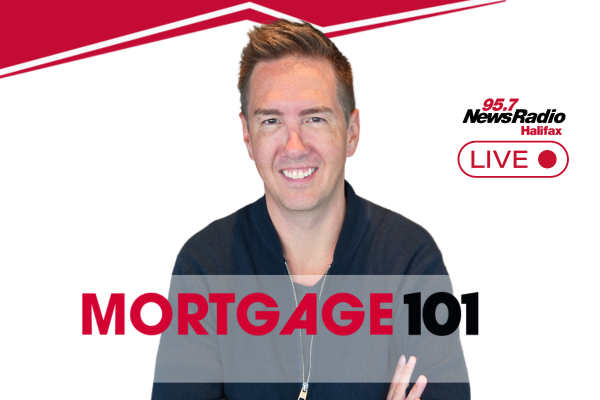Dan Ahlstrand and Clinton Wilkins are joined by Mario Cloutier of Manulife to discuss the importance of risk insurance for home additions, creditor insurance, and the importance of financial literacy.

Tips to build and protect your credit score
Looking to improve or protect your credit score? Financial Literacy Month is the perfect time to focus on your personal financial goals, and what you can do to achieve them. For many people, a great place to start is by examining their credit. If you decide you would like to build your credit, here are some tips to help you get started.
Make your payments on time
At some point in our lives, most of us forget to make a credit card payment by the due date, and we collect a late penalty. When this happens once, it’s usually not a big deal, and it won’t affect your credit score. However, if this becomes a pattern, that’s when it can become a problem. Whether you are simply forgetful, or you aren’t able to make your payments, those late fees will hit you all the same. However, a huge part of protecting your credit is making timely payments. It’s important to find a way to stay on top of your due dates, whether that means setting phone reminders, writing in a calendar, or using auto payments. For those who are struggling to pay their credit card bills, start with just making the minimum payments. It is much better to pay your credit card off slowly than to not pay it at all.
Watch your usage
Another way to protect your credit, or improve it, is to be mindful of your utilization. While it’s important to pay off your credit card on time, it’s also essential that you are not using more credit than you should. For example, if you are always using 95 per cent of your available credit, this implies you might have a habit of overspending and collecting debt easily. This likely will not help improve your credit score. The ideal usage amount is 30 per cent of your available balance, because this helps build your credit history while still protecting your reputation as a borrower. Of course, 30 per cent isn’t always possible. Life is expensive, and new costs are always coming up! However, you can make it a goal to gradually reduce your usage each month until you reach a level you are happy with.
Use an app or auto payments
If you need an extra hand with managing your credit, auto payments and budgeting apps can be very useful. Most banks allow you to set up automatic payments online, so you don’t have to manually do it yourself. You can set dates, times, and amounts, so when the time comes, your bills will take care of themselves. Just make sure you have your money in the right account so your transfers don’t bounce back!
As for budgeting apps, these are great for a number of reasons. They introduce you to the different ways to save money, so you can choose a method that works best for you. You can work towards different financial goals and track your progress, which holds you accountable and helps you make more progress. Many apps also allow you to make payments directly from their platform, so you can manage your money all in one place. You can read more about these apps here.
Always review your credit statements
Finally, you should always, always look over your credit card statements each month. It’s not super common, but sometimes your statement will be inaccurate and might include a charge that shouldn’t be there. For example, you might have been double charged for an item, or you might even find a purchase that wasn’t from you at all. This, of course, should be an automatic call to your bank to cancel your card and get a new one! In these situations, it’s important to correct the mistake so you aren’t held responsible for costs you shouldn’t owe.
Once you get the hang of how to properly budget and manage your money, it’s not too difficult to build and protect your credit score. It all comes down to understanding your financial situation and your goals. Plus, if homeownership is on your mind as something you want to work towards, you can reach out to a mortgage professional! We can chat with you about your homeownership plans, and how you can get started on the right path.
If you have any questions about your mortgage, get in touch with us at Clinton Wilkins Mortgage Team! You can call us at (902) 482-2770 or contact us here.


